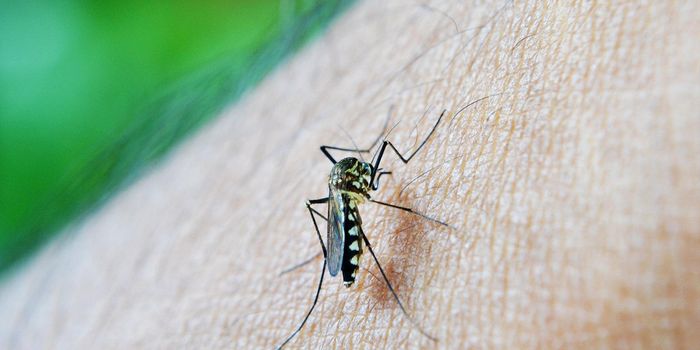Flu Killed Mice Eating a Processed Diet, but Spared Those on Grains
When researchers have studied infections in animal models, they have typically focused on the pathogen and the host. But we know that environmental influences can impact an infection too. For example, scientists have previously found that calorie and nutrient intake can affect how vulnerable mice are to an infection, and a new study has investigated whether the type of diet might be changing the likelihood or outcome of an infection. This research has shown that when mice are fed a processed diet, they are far more likely to die from a flu infection.
In this study, the researchers demonstrated that there are two types of animal chow for lab rodents. Both types of food contain about the same levels of carbohydrates, proteins, and fats. However, one type is more like ultra-processed food, because it is made up of purified and reconstituted ingredients. The other is more like whole food because it is composed of grains.
Two groups of mice were each put on either the processed or whole food diet, then later, they were all infected with influenza. During the infection, there was not much difference between the two groups of mice. However, the mice that were fed a processed diet did not regain the weight they lost while they were ill, and they all died from the flu. The mice fed a whole food diet began to regain weight ten days after their infection started, and they all recovered.
The study authors noted that the intake of ultra-processed foods may be a major contributor to disease around the world, and that the amount of processing affects how bad a food can be for health.
The researchers found that a flu infection was more likely to be fatal to mice fed a processed diet. This was not because the antiviral defenses were impaired, but instead, because the immune system was not able to bounce back from the infection. There was persistent dysfunction in immune homeostasis, in which a balance is struck between tolerance and reactivity in the immune system.
A cytokine called IFN-γ was also found to play a major role in the vulnerability of processed diet-fed mice to infection and mortality, even though it was thought to have a negligible role in the physiology of mice that were fed a whole food diet. IFN-γ can signal in a variety of ways, so the exact mechanism underlying this finding is still unknown.
The work has been published in Cell Reports by researchers at the University of Sydney and colleagues at Shenzhen University School of Medicine.
Source: Cell Reports









